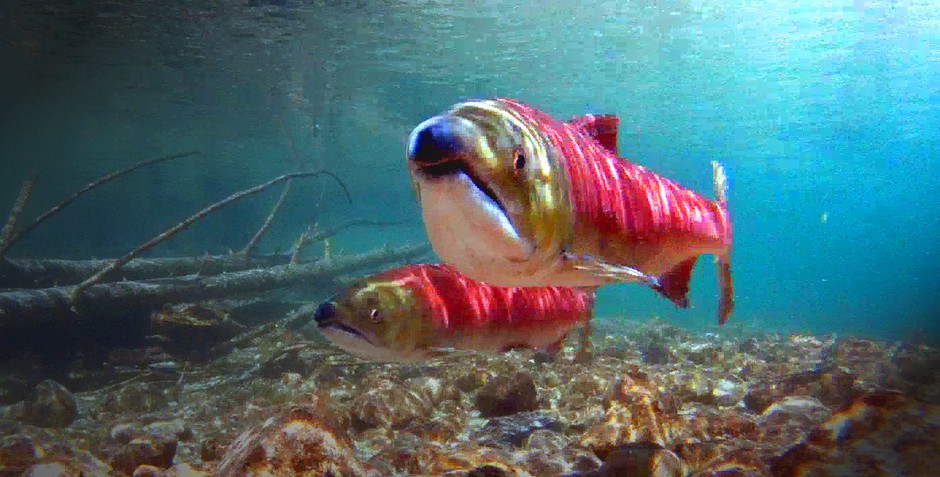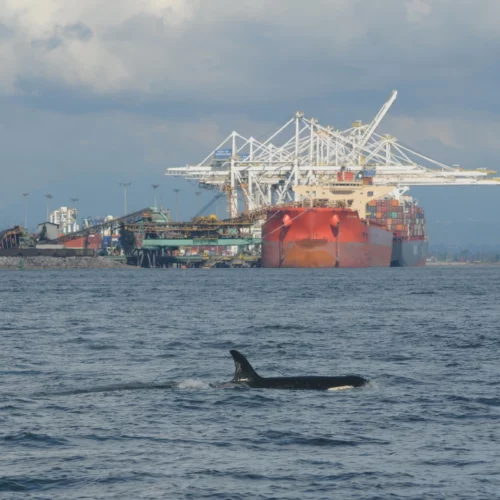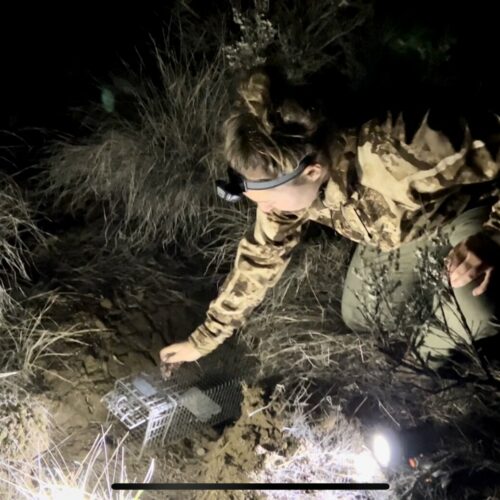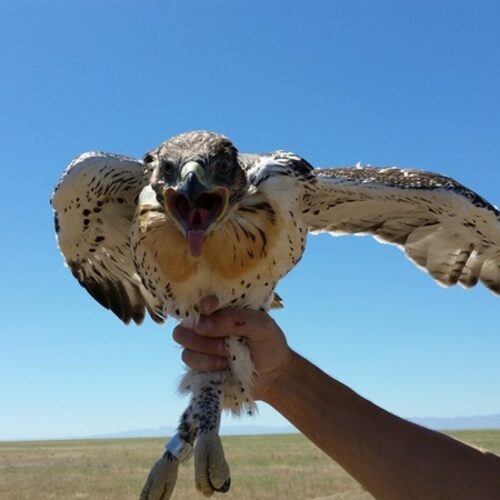
Trump Administration Proposes Changes To Limit Endangered Species Act
Listen
The Trump administration is proposing key changes to the Endangered Species Act. It’s a move conservation groups say could greatly weaken the way animals and plants are protected.
The changes could limit how critical habitat is designated. It would also rollback the protections for threatened species. Instead of extending automatic protections to threatened species, those kinds of decisions would be made on a case-by-case basis.
Federal officials say the changes would simplify the 45-year-old act and make regulations more predictable.
“Together these rules will be very protective and enhance the conservation of the species — we maintain all of the legal standards of the act. At the same time, we hope that (the rules) ameliorate some of the unnecessary burden, conflict and uncertainty that is within our current regulatory structure,” said David Bernhardt, deputy secretary for the Interior Department.
The proposed changes would also streamline how other federal agencies identify whether they are harming a protected species. The draft changes also define key terms that have caused conflict in the past, in court cases or for other agencies.
Conservation groups say these rule changes could be detrimental to the bedrock environmental rule and cause great harm to imperiled species. Brett Hartl, government affairs director for the Center for Biological Diversity, said these new regulations make the Endangered Species Act “more industry friendly and more wildlife unfriendly.”
“It’s going to make it much harder to save (endangered species),” Hartl said. “It’s like, ‘We’re going to make it as hard as possible and put every obstacle in front of you, poor little critter, for you to get off our Endangered Species List.’”
Most concerning, Hartl said, were the proposed limitations to critical habitat designations, which would favor areas where species are at the time of listing and give less weight to historical ranges, or unoccupied areas, which Hartl said is important when trying to save imperiled species.
“This approach basically just says, ‘To hell with unoccupied areas. You’re going to have to make do with what you got,’” Hartl said.
The proposed changes come after an executive order called for all federal agencies to streamline regulations. The proposal also comes as some Republican lawmakers are pushing for changes to the Endangered Species Act.
Related Stories:

Captains of big ships eased up on the throttle during trial slowdown to help endangered orcas
The majority of captains of big commercial ships entering and leaving Puget Sound are cooperating with a request to slow down temporarily to reduce underwater noise impacts to the Pacific Northwest’s critically endangered killer whales. The duration of the experimental slowdown – modeled on a similar project in British Columbia – will be extended into the new year, organizers announced after a status report and celebration on the Seattle waterfront Friday.

The Race To Save Endangered Pygmy Rabbits In Washington
Paula Clements, a technician with the Washington Department of Fish and Wildlife, sets a tomahawk trap to catch pygmy rabbits. The researchers hope to vaccinate the endangered rabbits before a

Ferruginous Hawks In Washington Deemed Endangered
The number of ferruginous hawks in Washington continues to decline. The birds face multiple threats, including wildfires, urban sprawl and loss of prey.















